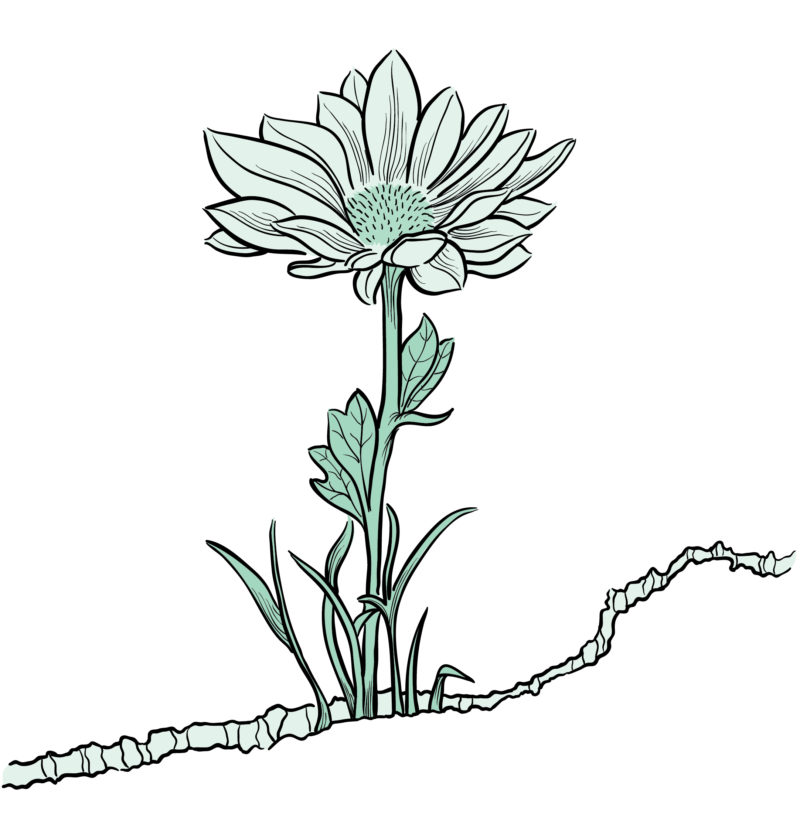If Rome were an actress, she’d be washed-up—at least according to forty-something Pricilla Messing, the protagonist of Liska Jacobs’s second novel, The Worst Kind of Want. While standing inside the Forum at the center of the city, she cannot help but survey the ruins like the jaded Hollywood producer she is. Pricilla—friends and family call her Cilla—is “suspicious of the flowers growing between crumbling brick: it looks entirely too picturesque. It can’t be real. A good set designer could make a more believable ruin than this.”
Consider her cynicism a hangover caused by the Los Angeles life she ran away from. Bored by Hollywood and suffocated by her position as the eldest daughter of a legendary industry power couple, Cilla is a world-weary social climber with nowhere left to climb to. With her famous father dead and her ill, querulous mother languishing in a nursing home, Cilla wrestles with her family’s unraveling legacy. She lives in her parents’ empty Malibu mansion, stuck in a foggy seaside malaise. She feels her career is an undeserved result of nepotism, and struggles with questions of self-worth and aging as her boyfriend, Guy, continues to string her along as a backup. To make matters worse, Guy is a protégé of her father’s who first seduced Cilla into a secret romance when she was a teenager. (Is there any name better suited for a morally ambivalent, creepy older man in 2019 than Guy?)
This is Cilla’s hell. But the unexpected death of her younger sister, Emily, presents an opportunity to escape. Her brother-in-law needs a role model for Cilla’s teenage niece Hannah, who is rebelling against her father’s decision to drag her from Southern California to Italy in the wake of her mother’s death. The problem is that Cilla and Emily were estranged; for Cilla, who joins them in Italy, opening herself up to Hannah means confronting the weight of a loss she can barely bring herself to acknowledge. Confrontation is not her strong suit: even as she embraces Hannah, Cilla distracts herself through a dangerous flirtation with her niece’s seventeen-year-old neighbor Donato.
Donato becomes the innocent target of Cilla’s desire, which begins to look more and more like a pathetic lust for youth. As she traipses around southern Italy with the charming boy, it becomes clear that this is a version of herself she likes presenting to the world: despite how stale...
You have reached your article limit
Sign up for a digital subscription and continue reading all new issues, plus our entire archives, for just $1.50/month.
Already a subscriber? Sign in





